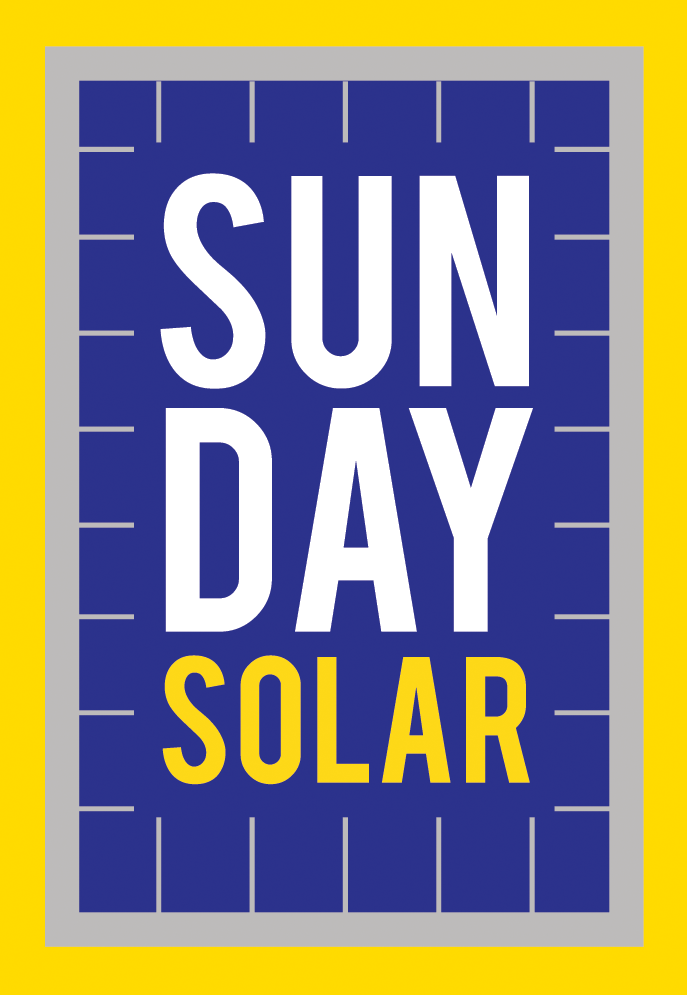The Internet is abuzz with reports that utilities company Excelon may be planning to put Pennsylvania’s famous Three Mile Island nuclear power plant, one of America’s most iconic energy installations, on ice.
Thirty-eight years after near meltdown, one of the most frightening moments in many American’s lives, TMI is still working, albeit at limited capacity. However, cost issues are threatening the plant’s future: after being unable to sell the plant at auction, Excelon has said that it will need assistance from the state to continue operating the plant past 2019, as releaved in a recent Time magazine article.
In asking for a nuclear bailout, Excelon is citing similar plans in states like New York and Illinois, along with existing help for renewable energy sources, such as wind and solar. But does nuclear power deserves the same kinds of support as renewable energies?
Nuclear power is affordable — an infographic from CleanTechnica shows an average of 2.14 cents per kilowatt hour for nuclear power in general, with coal being the next most economic energy generator — wind power is estimated at 12 cents per kilowatt hour, and solar at anywhere from 10-14 cents per kilowatt hour.
However, the same resource also cites the risk factors involved in nuclear power, including the storage of nuclear waste, and the potential for nations around the world to build nuclear weapons. The report also shows huge investments in renewable energy, both in the United States and abroad.
Answering the question of why renewable energy isn’t taking while in a more substantial way, CleanTechnica calls renewables both “capital-intensive” and, in some cases, “geographically remote.”
However, costs for solar setups have come down: a 2016 Guardian article cites a kind of ‘Moore’s law’ of returns for solar energy, contending that solar panels have gotten 10% cheaper each year since the 1980s.
Now, with solar costs going so low, the affordability of solar energy is reaching a tipping point. That’s why so many businesses and property owners are now adding solar arrays to roofing or other areas of a property.
Solar power can generate small amounts of electricity for low-maintenance properties, provide for the needs of a family in a household in a single-family home, or generate large amounts of power for a business. Solar power can be stored in batteries, and, in some cases, sold back to energy utilities.
Ask SunDaySolar how to get your hands on solar solutions in the Central Virginia area. As a top Charlottesville solar contractor, SunDaySolar has given many clients the ability to draw cheap power from natural and sustainable sources. Let us help you to harness the power of the sun.

Recent Comments